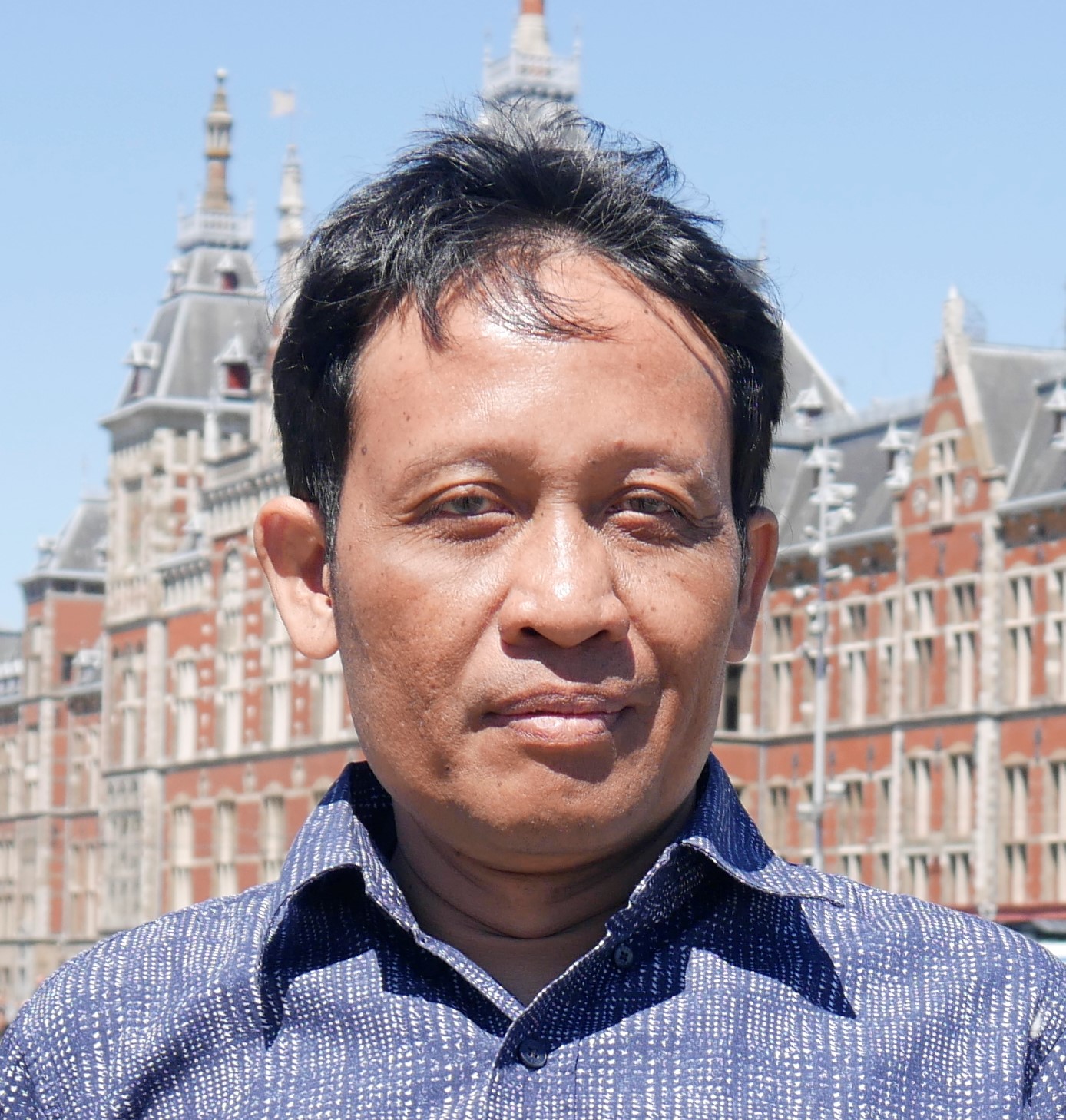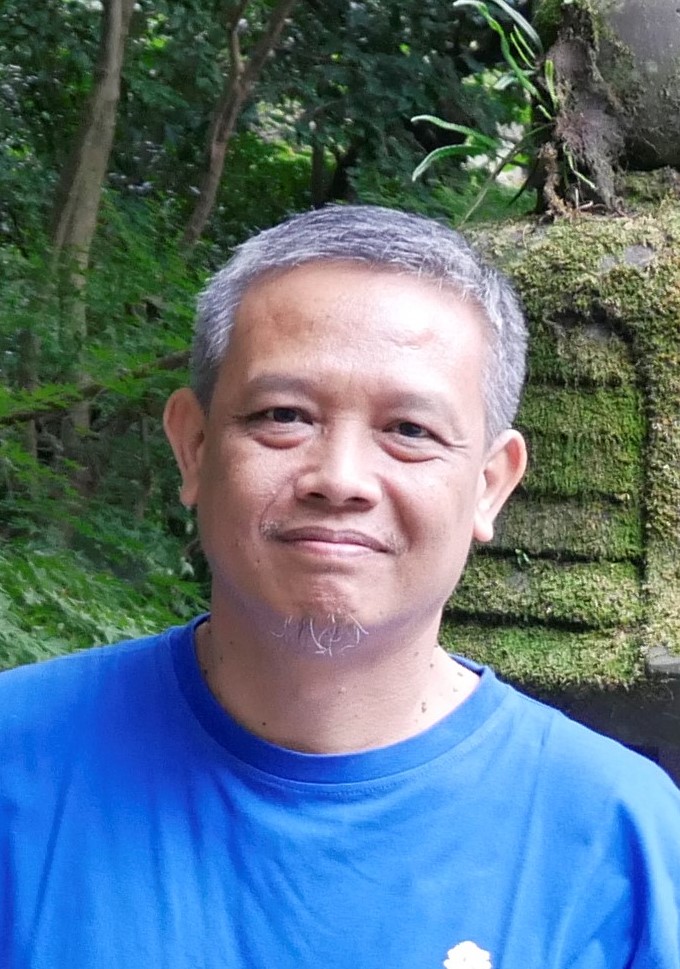
As the global market for biofuels and edible oils grows, investment into oil palm plantations in Indonesia follows suit. The financial benefits for the country are significant, but so is the risk of community conflict, both within the communities themselves and between communities and corporations. Oil palm is reported to contribute 49 percent of total plantation areas affected by agrarian conflict issues. In 2017, this area amounted to 194,000 hectares.
The province of Central Kalimantan – where 52 percent of land area is planted with oil palm – has experienced many years of struggle between local and national authorities. In 2001, almost 87 percent of 325 oil palm plantation companies in the province, which has yet to finish its land use plan, were suspected of non-procedural forest use. In other words, they were technically illegal.
The root of this problem? Uncertain land tenure, especially in state forest areas.
Around 2.5 million hectares of oil palm plantations are located in state forest areas nationwide, with 1.7 million hectares belonging to smallholders, according to the Directorate General of Plantations of Indonesia’s Ministry of Agriculture.
Conflict over oil palms located in state forest areas has occurred for various reasons.
These include uncoordinated allocations of land and repeated changes in policy by the central and local government and the lack of awareness of state forest area boundaries among local people who are tempted to expand lucrative crops. Additionally, the unfinished process of state forest area gazettement — or a declaration that it is legally owned by the state, which results after a three-stage process involving mapping and confirmation of state ownership and control through a letter from the ministry — leaves uncertainty over land tenure.
Other causes include the lack of responsibility and control by officials, coupled with a limited number of personnel and budget, leading to the inevitable expansion of oil palm into state forest areas.
Not only does this land-based conflict keep local people from enjoying the full range of benefits that come with formal inclusion in the market, but it also hurts the national economy, costing nearly $2 billion (IDR 27.6 trillion) each year, if calculated based on the land lease fee of IDR 1 million per hectare.
Despite long-standing efforts by the government to find resolutions, tenurial conflicts continue to take place. While challenges remain, there is a great opportunity to find resolutions to illegal oil palm plantations setting up on state forest lands, particularly those claimed by smallholders.
Expecting a permanent solution is probably utopian, but new breakthroughs are still needed and can make a difference. We examine various possibilities being discussed by decision makers in Indonesia’s oil palm sector.
SOLUTIONS IN VIEW
First, we must know the typology of oil palm growers who are planting inside state forest areas. Smallholders are not homogenous, but are greatly varied in terms of their resources, capital and ability to access finance, services and markets.
They also differ in terms of livelihoods strategy and their capacity to manage farms. Smallholders have been categorized into six types, ranging from small migrant farmers with average plot sizes of 2.1 hectares up to large consolidated producers with average plot sizes of 217.8 hectares. To ensure social justice at all levels, we think that methods for resolving land tenure issues should differ for those with land smallholding and large-scale producers, and between those who grow oil palm for their subsistence and those who have better market networks. Understanding the heterogeneity among smallholders is therefore essential.
Previously, when people were illegally occupying land in state forest areas and planting oil palm, they could be dealt penalties leading to imprisonment. Such a repressive approach through such means as the expulsion and arrest of forest encroachers, may not work in many situations. Law enforcement is a last resort.
“The ministry is now taking a new approach: law enforcement is no longer able to pursue communities performing illegal activities in state forests,” said Eka Soegiri, director of Tenurial Conflict Settlement and Customary Forests at the Ministry of Environment and Forestry. Other solutions such as agrarian reform and social forestry programs have been put in place instead.
While agrarian reform and social forestry programs are claimed by authorities to be smart solutions for resolving conflicts over state forest land, questions remain. It is not clear how they would help oil palm smallholders obtain legal access to their lands considering there is a discrepancy between smallholder distribution and the targeted locations for agrarian reform as indicated in the ministry’s current area allocation map. The lack of a smallholder plantations database and field complexities associated with various claims over land tenure continue to present a challenge for accurate implementation of the programs.
“The agrarian reform program offers an excellent opportunity to legalize community lands, but we don’t know exactly the geographic location of lands and we cannot afford to locate those lands in such an extensive Central Kalimantan area,” said Rawing Rambang, head of the Central Kalimantan Provincial Plantations Office.
Summarizing the results of a group discussion on tenure and oil palm, Erdi Abidin, a lecturer at Tanjungpura University in Pontianak in the province of West Kalimantan, stated: “It is a priority for agrarian reform to target smallholders currently occupying state forest land to enable them to be legal and therefore – with financial support from crude palm oil funds – gain the right to certify products under the Indonesian Sustainable Palm Oil (ISPO) system and other schemes.”
By giving local people access to usage rights under social forestry schemes conflicts may also be reduced. However, oil palm cannot be grown on social forestry lands, and the prevailing regulation dictates that farmers are allowed to continue to growing and harvesting this crop up to a maximum of 12 years from the onset of planting. Debates have often occurred among stakeholders on this limitation issue, and some experts have suggested that farmers should be allowed to harvest up to one cycle of oil palm crop — for example, 25 years instead of 12 years.
Norman Jiwan from the rights organization Transformation for Justice Indonesia suggested a different solution. If oil palm were planted in state forests before the Basic Forest Law of 1999 was issued, it should be recognized and given ownership rights. However, if it was planted afterwards, it should follow the rule of law and be subject to programs like social forestry, which dictate that palm oil produced on state forest land is illegal and cannot be certified. In brief, Jiwan reminded us to consider the cut-off date of discovery that oil is on state forest land.
IN BRIEF: A BREAKTHROUGH
To accelerate the state’s attempt to address social conflicts, unequal distribution of land ownership and give local people access to resources and lands, it is argued that the agrarian reform program may be combined with land amnesty. This breakthrough step takes a different approach. Although the agrarian reform program is led by the state, community participation drives land amnesty.
On one extreme, a pardon can be granted to smallholders informally occupying state forest areas, but once they are granted a certificate, they are required to pay all taxes and comply with other regulations. On the other extreme, amnesty is granted unconditionally for illegal acts committed by landowners over land or land-grabbers and they are exempt from any obligation attached to the land, but the state can then take over the lands.
“I think land amnesty is a good breakthrough for oil palm settlement,” said Karyadi, chairman of the Indonesian Oil Palm Farmers Association (Apkasindo) in Central Kalimantan. “The question is, who are the targeted subjects of this land amnesty policy?”
Ideally, it would be smallholders struggling to obtain land security, and in need of conflict reduction.
There may be some lessons to learn from the 2012 Brazil Forest Code amnesty for small landowners that illegally cleared forests. Under the code, 90 percent of the country’s rural property qualified for amnesty for if it was illegally deforested prior to July. Whether amnesty will bring legal certainty to landowners, encouraging them to conserve forests, or whether it will lead to more deforestation is still up for debate.
However, it may be worth adopting amnesty in particular cases in Indonesia — while learning lessons from Brazil.
Certainly, effective policies accompanying agrarian reform and amnesty must be created to ensure they lead to a reduction of conflicts, legalize ownership of oil palm smallholder plantations, encourage better investment and productivity — preventing smallholders from expanding onto natural. Additionally, the capacity of local people must to be enhanced to better manage village spatial planning and to put community-based systems in place to prevent forest encroachment.
This blog forms part of the Governing Oil Palm Landscapes for Sustainability (GOLS) project, which is supported by the United States Agency for International Development (USAID).
We want you to share Forests News content, which is licensed under Creative Commons Attribution-NonCommercial-ShareAlike 4.0 International (CC BY-NC-SA 4.0). This means you are free to redistribute our material for non-commercial purposes. All we ask is that you give Forests News appropriate credit and link to the original Forests News content, indicate if changes were made, and distribute your contributions under the same Creative Commons license. You must notify Forests News if you repost, reprint or reuse our materials by contacting forestsnews@cifor-icraf.org.
























